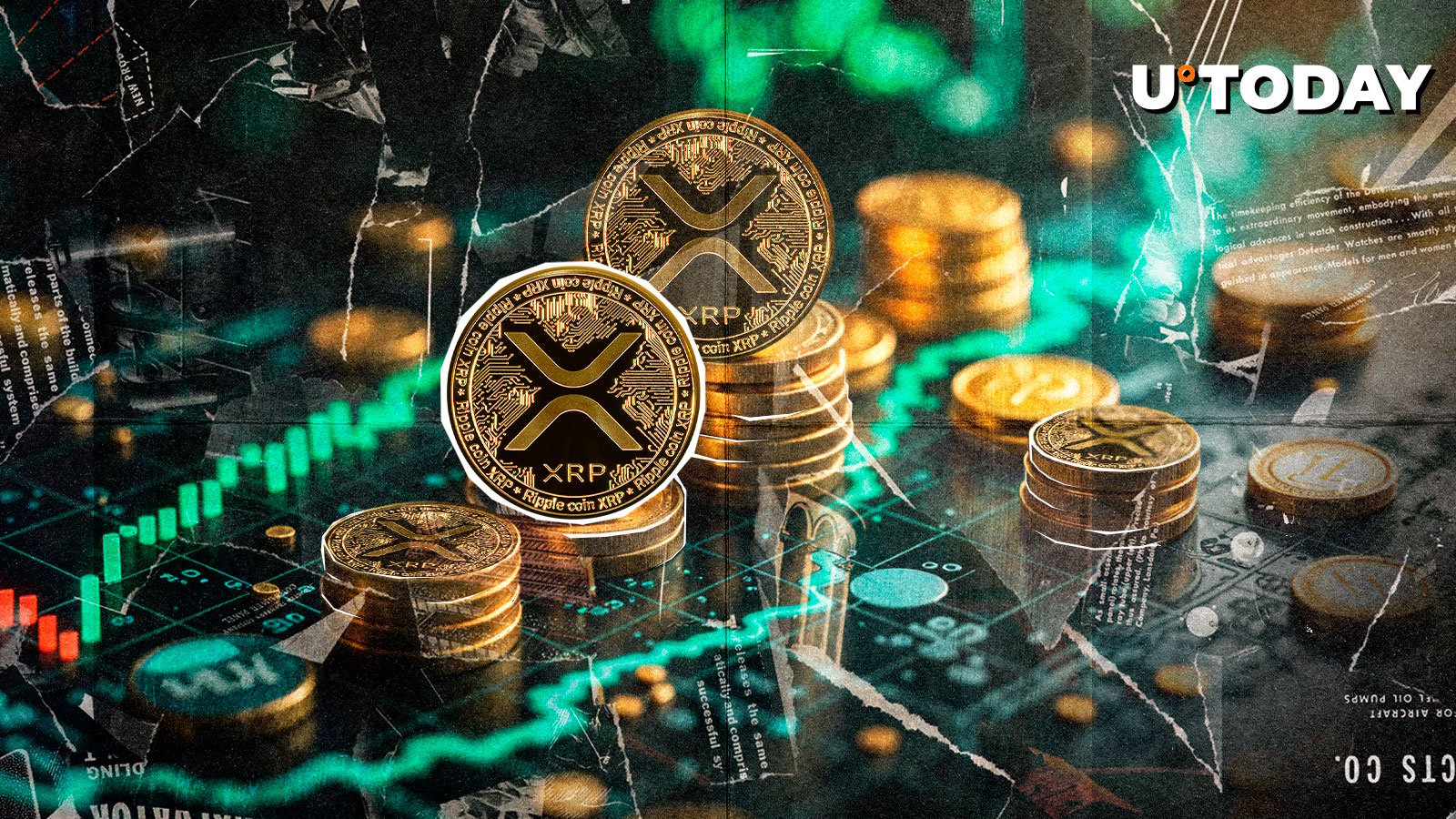The Legal Battle Between Ripple Labs and the SEC: Implications for Ripple and the Crypto Industry
The crypto world was abuzz with news in December 2020 when the U.S. Securities and Exchange Commission (SEC) filed a lawsuit against Ripple Labs, the company behind the popular cryptocurrency XRP. The SEC alleged that Ripple and its executives had raised over $1.3 billion through an unregistered securities offering, selling XRP tokens to investors.
Background: Ripple Labs and XRP
Founded in 2012, Ripple Labs developed the Ripple protocol, an open-source payment protocol that uses its native digital asset, XRP, for fast and low-cost global transactions. XRP quickly gained popularity due to its faster transaction speeds compared to Bitcoin and Ethereum. Ripple Labs also created a company, Ripple, to provide enterprise solutions using the Ripple protocol and XRP.
The Legal Dispute: A Long-Running Saga
The SEC’s lawsuit came as a surprise to many in the crypto community. Ripple Labs and its executives, Brad Garlinghouse and Chris Larsen, argued that XRP was not a security but a currency, and that they were not selling securities but simply facilitating transactions using XRP. The case has been ongoing for over a year, with several key developments:
-
In February 2021, the SEC filed a motion to stop the sale of XRP, arguing that it was an ongoing securities offering. The motion was denied, and the SEC was ordered to file a more detailed complaint.
-
In July 2021, the SEC filed an amended complaint, alleging that Ripple Labs and its executives had raised over $1.3 billion through the sale of unregistered securities. The complaint also alleged that Ripple Labs had misled investors by claiming that XRP was not a security.
-
In December 2021, a judge denied the SEC’s motion to exclude expert testimony from Ripple’s defense. The trial is currently ongoing.
Implications for Ripple and the Crypto Industry
If the SEC is successful in its lawsuit against Ripple Labs, it could set a precedent for other cryptocurrencies and their issuers. The SEC’s definition of a security is still evolving, and a ruling against Ripple could make it harder for other projects to operate in the U.S. market. Additionally, the SEC’s lawsuit has already had an impact on XRP’s price, which has dropped significantly since the lawsuit was filed.
Effects on Individuals and the World
For individuals, the outcome of the Ripple-SEC case could impact their investment decisions in cryptocurrencies. If the SEC successfully argues that XRP is a security, it could open the door for regulatory action against other cryptocurrencies. This could lead to a decrease in investment in the crypto market, as uncertainty around regulation could deter investors.
On a larger scale, the Ripple-SEC case could have significant implications for the global crypto industry. The U.S. is a major player in the crypto market, and a crackdown on XRP could set a precedent for other countries to follow suit. This could slow down the adoption of cryptocurrencies and limit their potential to disrupt traditional financial systems.
Conclusion
The Ripple-SEC case is a pivotal moment in the history of crypto regulation in the U.S. The outcome of the case could have far-reaching implications for Ripple and the crypto industry as a whole. As the trial continues, it will be important to monitor developments closely and consider how they could impact your investment decisions and the future of cryptocurrencies.
Regardless of the outcome, it’s clear that the crypto industry is entering a new era of regulation. As governments around the world grapple with how to define and regulate cryptocurrencies, it’s important for individuals to stay informed and make informed investment decisions.





